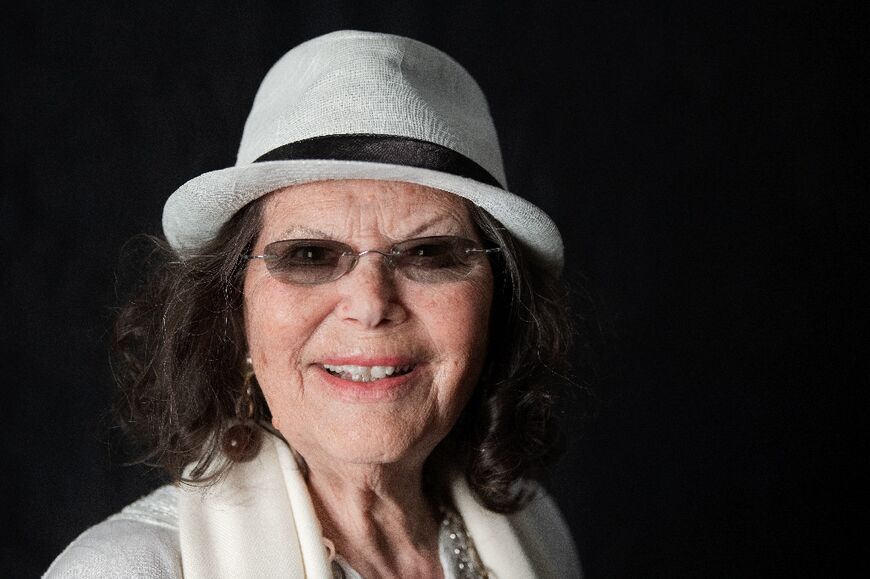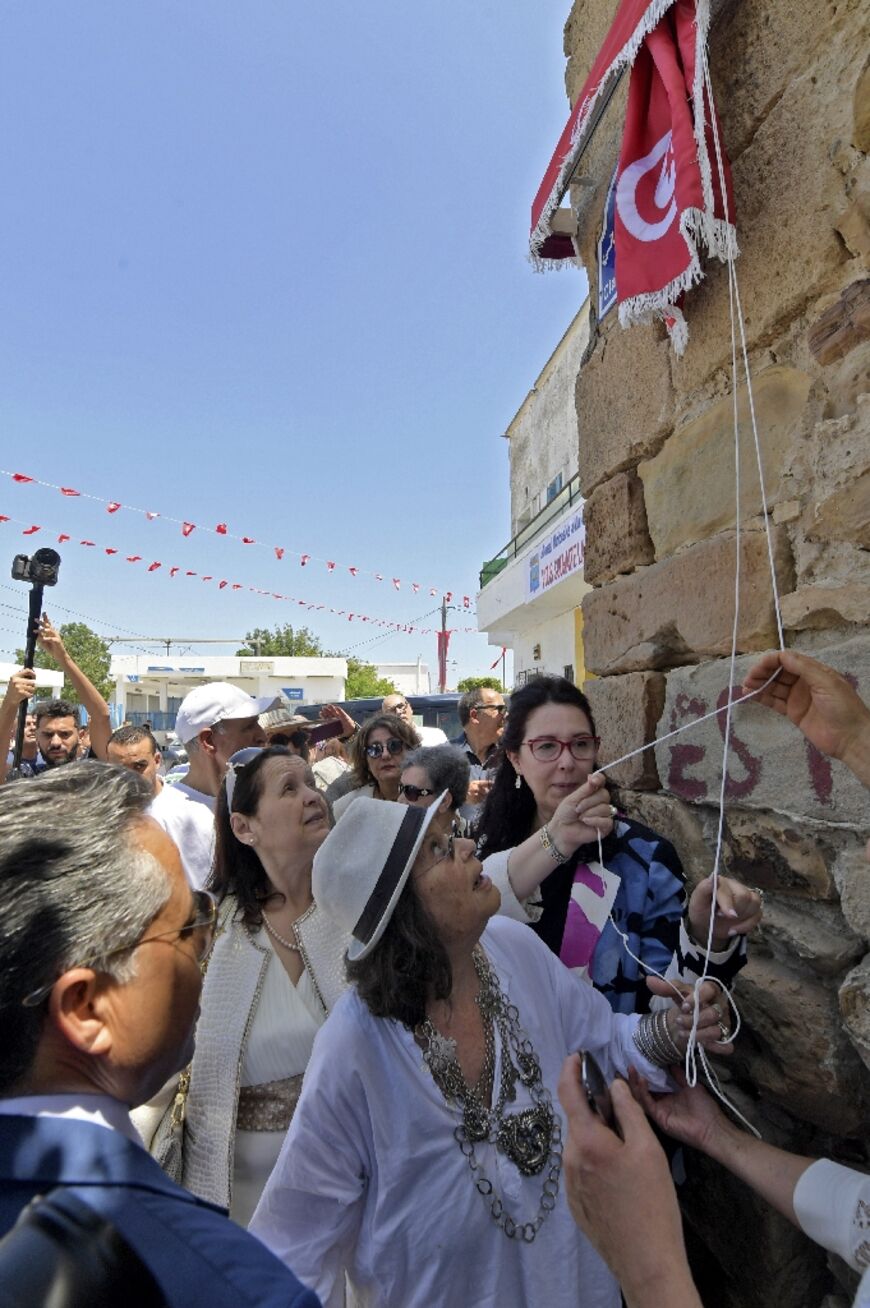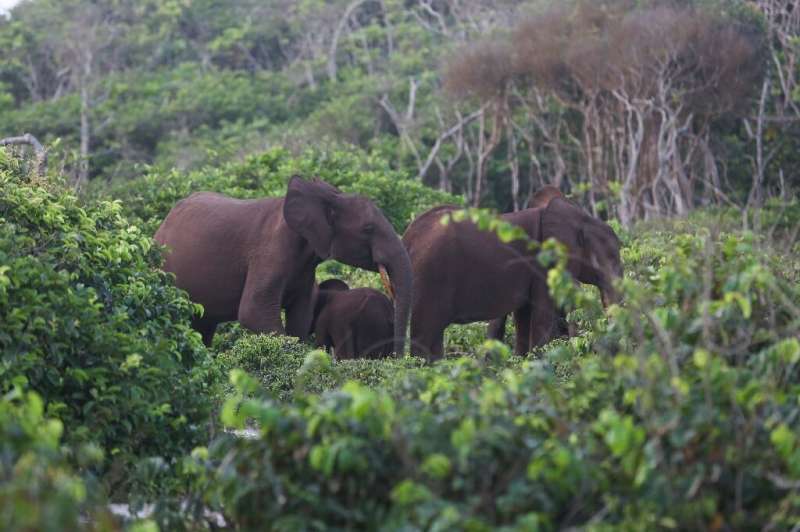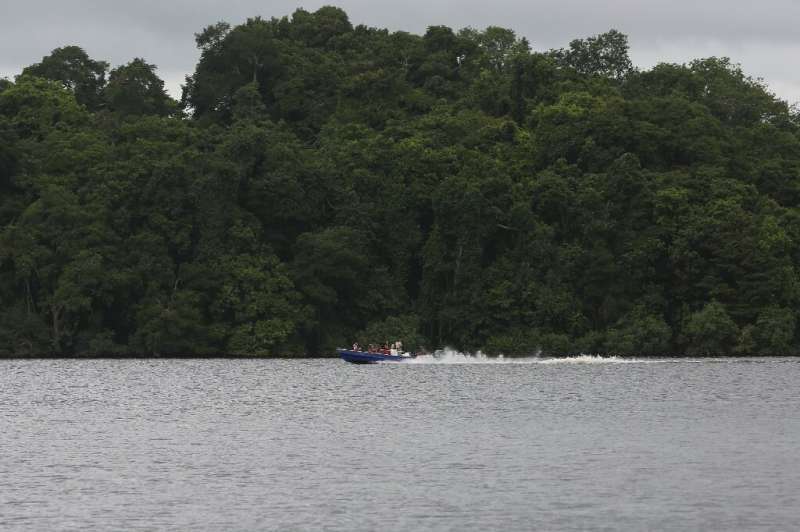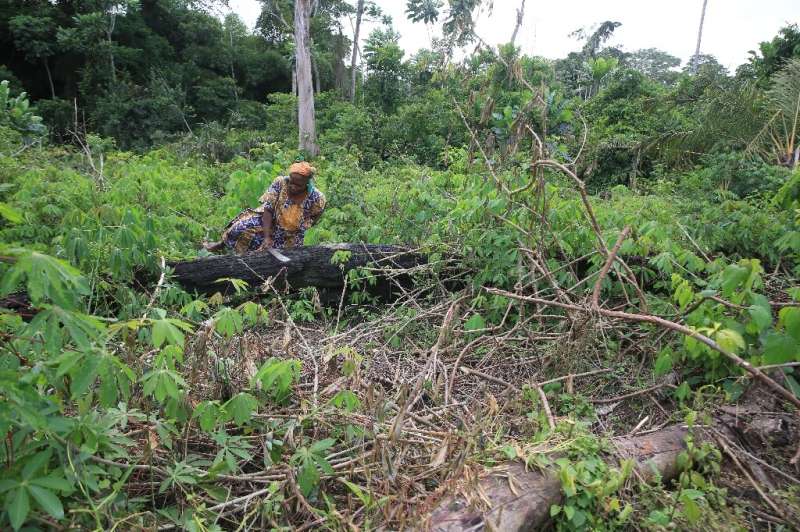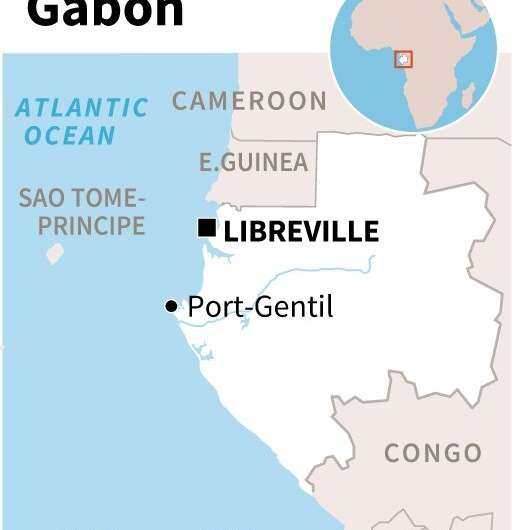A new bill, if approved, is expected to bring further restrictions on online freedom of expression and media freedom in Turkey.

Critics of the proposed 'fake news' law say it is another step toward complete government control of the media
A bill now before the Turkish parliament that purports to want to combat "fake news" is being sharply criticized for potentially expanding the control of the government over the internet and the media.
If enacted, the law could allow the government to further narrow down journalistic activities, critics say.
In Turkey, almost 90% of national media is already controlled by the government, and critical media outlets are under heavy financial and judicial pressure. The newly proposed bill aims to target social and online media — a space the government hasn't been able to entirely control until now.
Under the law, the offense of "openly disseminating information that misleads the public" would be added to the Turkish penal code. Those who disseminate information that is deemed to be false about the "internal and external security of the country, public order and public health" would face up to three years in prison. If the offense was committed by someone concealing their real identity or as part of the activities of an organization, the sentence would be increased by half.
Imminent discussion
Parliamentarians from the ruling Justice and Development Party (AKP) and the Nationalist Movement Party (MHP) put the proposal to amend the press law before Turkey's parliament on May 26. The parliamentary Committee on Justice will start discussing the bill on June 1.
According to its makers, the bill aims to protect people from "swearing, slander, insults, smears, discreditation, hatred and discrimination."
"The act of intentionally producing or disseminating fake news has become a serious threat that prevents citizens' rights to access true information in Turkey," a statement justifying the bill said.
However, the lack of a clear definition in the bill of what "disinformation" or "fake news" actually is has raised questions about what such accusations will be based on.
Thousands of social media users in Turkey have already been victims of doubtful legal proceedings in this regard. Social media posts are frequently cited as evidence in indictments against journalists, intellectuals and politicians, and evidence in trials to do with charges of "insulting the president" is also usually taken from social media posts.
Communication experts and opposition parties agree that the general purpose of the bill is to control and restrain freedom of opinion and expression.
Watch video05:04 Exiled Turkish journalist Can Dündar speaks to DW
Yaman Akdeniz, a professor of law and cyber-rights defender, told DW that the bill's establishment of a new offense defined as openly disseminating information aimed at misleading the public will cause difficulties in practice.
According to Akdeniz, the description of this crime in the bill shows that the mode of legal procedure will not be different than in the case of other crimes such as insulting the president.
"Actually, it is an incomprehensible type of crime on paper. It has been defined rather broadly and is open to being applied arbitrarily. It seems that it will be used frequently in the upcoming election period. We will see that prosecutors start initiating investigations into news with a big impact and into social media content," he says.
Gurkan Ozturan, the Media Freedom Emergency Response (MFRR) coordinator at the European Center for Press and Media Freedom (ECPMF), told DW: "When you look at the subtexts and even between paragraphs, it is possible to say that it contains very dangerous elements and a very broad scope. To put it very briefly, it seems that anything that does not echo information published by the Directorate of Communications can be considered as a potential crime."

The proposed law contains 'dangerous elements," says Gurkan Ozturan
MHP deputy Feti Yıldız, one of the first signatories of the bill, has responded to such criticism. Speaking to DW, Yıldız said, "We are not preparing anything to harm, imprison or impugn people. We say that anyone who willingly spreads fake news that undermines internal and external security will have to put up with the consequences. It's that simple."
'Pre-election preparation'
According to the main opposition party, CHP, the primary aim of the government is to control both the internet and social media before the election.
CHP deputy Utku Cakırozer, who followed the preparation stages of the proposal in the parliament's Digital Media Commission, told DW that during the negotiations, opposition parties criticized the bill for narrowing down online freedom of expression and media freedom.
"Before the election, the government not only wants to prevent the press from reporting freely and objectively, but also wants to create an atmosphere of pressure that will restrict citizens' right to criticize and freedom of expression on social media. Perhaps this is what we should focus on," he said.
Another critical item of the proposal has to do with the issuing of press cards.
According to the bill, in order to obtain a press card, a person must not be convicted under the anti-terror law and the law on the financing of terrorism.
If the proposal becomes law, any reporter whose press card has been canceled in connection with such convictions will not be able to receive a press card for a year after the date of cancellation even after the obstacles have been removed. If the press card is canceled as a result of activities and behaviors deemed contrary to press moral principles, the press card will not be issued again for a period of five years.
These are some other crimes as well for which journalists will be unable to obtain a press card for a year from the date of cancellation even if they no longer stand convicted: slander, crimes against public peace, crimes against the constitutional order and its functioning, crimes against national defense, crimes against state secrets, and espionage.
Press organizations have long criticized the government on the grounds that it was being arbitrary in its regulations on press cards. Many press organizations and unions now emphasize that one of the most serious censorship and self-censorship mechanisms in the history of the country is now being prepared and called for the withdrawal of the proposal.
Edited by: Timothy Jones
.gif)

















